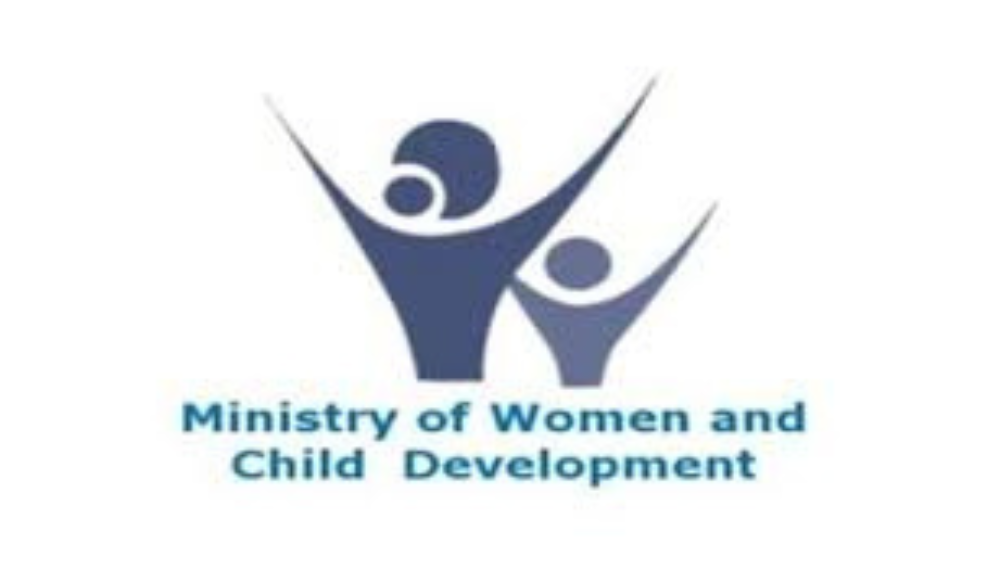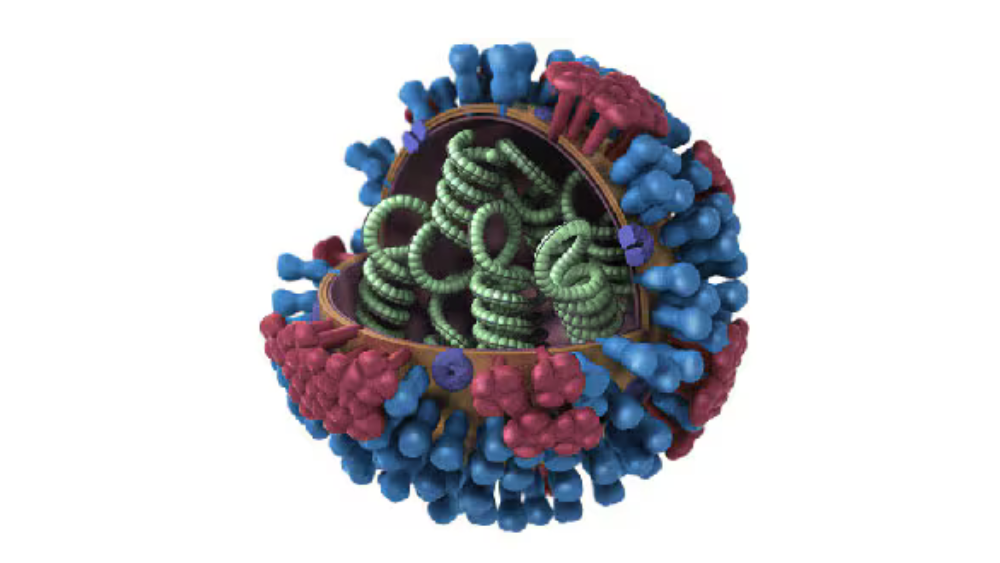
SPONSORSHIP UNDER THE MISSION VATSALYA SCHEME
Questions :
Will the Minister of WOMEN AND CHILD DEVELOPMENT be pleased to state:
- the details on the funding allocation and distribution process to States and UTs i n border areas for the establishment of protection and rehabilitation centres for trafficked women;
- how will the rescued girl children who have been trafficked be handled in terms of their rehabilitation and sponsorship, explain the process by which they will be produced before a child welfare centre and declared fit for sponsorship under the Mission Vatsalya Scheme; and
- responsibilities of the States once a girl child is declared fit for sponsorship, outline the actions that States need to undertake to ensure support for children under this mission?
ANSWER
MINISTER OF WOMEN AND CHILD DEVELOPMENT (SHRIMATI SMRITI ZUBIN IRANI)
- : The Ministry of Women and Child Development is implementing Mission Shakti under which Swadhar Greh – for Women in difficult circumstances and Ujjawala Home
– for prevention of trafficking have been merged and renamed as Shakti Sadan which is an Integrated Relief and Rehabilitation Home. This is aimed at creating a safe and enabling environment for the women in distress situations and difficult circumstances. Shakti Sadan is a demand driven Centrally Sponsored Scheme under which funds are released as per Scheme guidelines as per need and requirement of the States/UTs.
- & (c) : The Government is administering the Juvenile Justice (Care and Protection of Children) Act, 2015 (JJ Act) which is the primary law for children in conflict with law and children in need of care and protection (CNCP). As per Section 2 (14) (ix) of JJ Act, a child who is found vulnerable and is likely to be inducted into drug abuse or trafficking is a “Child in Need of Care and Protection”. The JJ Act mandates a security net of service delivery structures to provide institutional and non -institutional care to these The primary responsibility of implementation of the Act lies with the State Governments and UT Administrations. Further, under the JJ Act, 2015 (Sections 27- 30), the Child Welfare Committees have been empowered to take decisions with regard to the children in need of care and protection, keeping their best interest in mind. They
are also mandated to monitor the functioning of the CCIs. As per Section 2 (58) of the Juvenile Justice (Care and Protection of Children) Act, 2015, sponsorship is defined as the ‘Provision of supplementary support, financial or otherwise, to the families to meet the medical, educational and developmental needs of the child’.
Under Sponsorship programme, the Mission Vatsalya Scheme supplements the biological families or extended families of children in need of care or protection for adequate care of the child. It is a conditional assistance, to ensure that children get the opportunity to stay and grow within their social and cultural milieu in the community, without displacement. Rule 24 of the Juvenile Justice (Care and Protection of Children) Model Rules, 2016 (as amended in 2022) provides State Governments to prepare programmes for covering children under sponsorship.
Further, the Ministry of Women and Child Development is implementing Mission Vatsalya Scheme for care, protection, rehabilitation and reintegration of children in difficult circumstances. Under Mission Vatsalya Scheme, financial assistance is provided to State Governments and UT Administrations for, inter-alia, undertaking a situational analysis of children in difficult circumstances as well as for setting up and maintenance of various types of Child Care Institutions (CCIs) and funds for Non- Institutional Care including Sponsorship. As per Mission Vatsalya Scheme, State/UT Governments have to constitute a Sponsorship and Foster Care Approval Committee under the chairpersonship of District Magistrate in every district to review and sanction sponsorship (for preventive settings only) and Foster Care fund.




